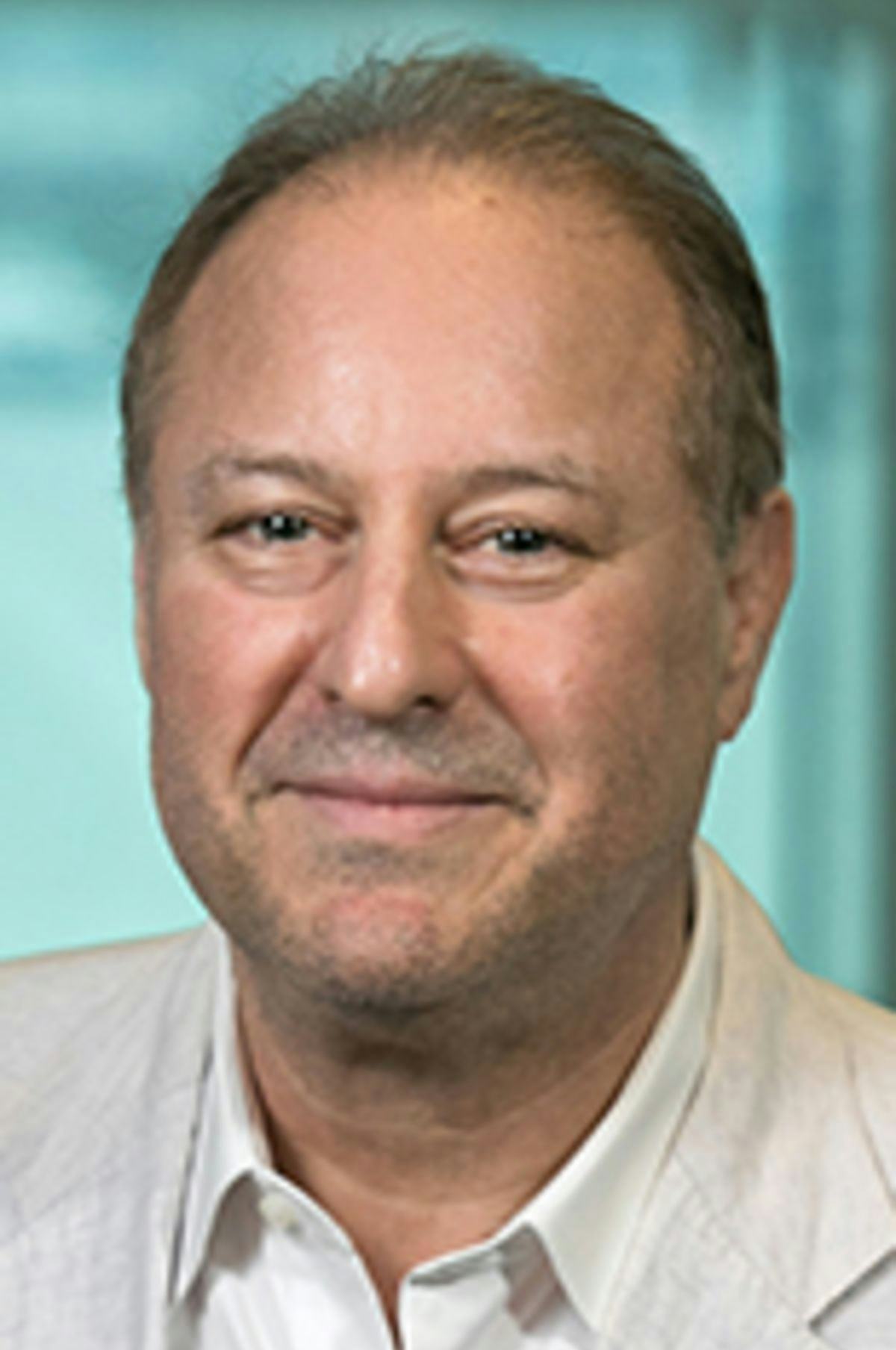Stevens Business Student Will Bring Broad Background, Technical Expertise to Work at Credit Suisse
The programming techniques used by algorithmic traders and portfolio strategists may seem like rocket science, but Asher Mazaika says that’s not the case.
He ought to know, having interned both at NASA and in financial services.
Now, as he completes both his bachelor’s and master’s degrees from the School of Business at Stevens Institute of Technology, Mazaika said he feels prepared to face the challenges he’ll encounter at Credit Suisse, where he’ll start work after commencement.
“When someone at Credit Suisse needed to solve a problem that involved data, I felt comfortable applying my skill set to assist,” he said.
His ability to use technology and data in framing and solving problems is a product of his Stevens coursework, his varied internships and his natural curiosity, which have put him in elite company as a Neupauer scholar — Stevens' most prestigious academic honor.
“There’s so much innovation in finance right now — you hear about things like machine learning and it just gets me thinking about how that can be applied to something practical in the industry,” he said. “I see a real need for financial innovation, and I think Stevens has prepared me to meet that challenge.”
Mazaika wasn’t actually a rocket scientist at NASA. He worked in the Langley Research Center’s atmospheric science data center, which stores the satellite-generated data that’s constantly raining down to Earth.
“What they do is maintain these petabytes of data — everything from CO2 levels, temperatures, radiation — from satellites that have been in orbit for 20, maybe 30 years,” he said. “It’s a programming problem as well as a data problem — you’re not only housing the data, you’re creating tools so you can easily package the right data and share it with scientists studying weather or climate.”
Day-to-day market excitement
You might think someone with NASA on his résumé would be a better fit in a science program, but what really excites Mazaika is the thrill of the markets.
“I really like the day-to-day pace of what’s going on, what’s changing, where markets are heading,” he said. “You’ve got billionaire clients coming to your office, you’re moving global markets, and you’re creating and designing your own solutions to problems that are brand new. But yeah, it’s been kind of a weird journey, from weather data and computer science to finance.”
That journey has been a sort of homecoming for Mazaika. A military brat — his father spent 20 years as an Air Force pilot — Mazaika bounced between New Jersey, Idaho and Virginia during his childhood. He calls Virginia home now, but Mazaika said the Quantitative Finance program at Stevens enticed him to return to New Jersey.
Of the courses he’s taken at Stevens, it was his time with the Student Managed Investment Fund that most appealed to him. The yearlong program challenges students to use quantitative methods in managing a portion of the university’s endowment; Mazaika ran the quant investment solutions side of the fund during his second semester in SMIF, where he drew upon his NASA work in solving data and workflow problems at the fund.
“Because of the skills I got working directly with servers at NASA, I was able to set up a better framework at SMIF that improved how we stored and accessed data,” he said. “And the tools we use at SMIF were similar to the code management systems at NASA. The course really encourages self sufficiency while challenging you to excel beyond a typical class project.”
'A very positive, can-do attitude'
The SMIF is run by Dr. Jonathan Kaufman, an experienced hand on Wall Street who’s worked as a managing director at Salomon Brothers and now runs his own fund. He’s had Mazaika as a student in several graduate courses and also hired him as a teaching assistant.
“It’s not just that he’s smart and works hard, it’s that he has a very positive, can-do attitude, which I think is important on Wall Street,” Dr. Kaufman said. “A lot of times, in finance, people tell you what you can’t do. Asher has a perspective on things that will help him be a success.”
Once he wraps up his QF and Financial Engineering degrees, Mazaika will return to Credit Suisse’s sales and trading arm, where he hopes to be placed in algorithmic trading. “With what I’ve learned at Stevens in programming, I think that would be a great fit for me,” he said. Long term, his plans are less certain, but his SMIF experience left him with a taste for hedge funds.
“When you're in sales and trading, you do what's best for the client and the bank. But if you’re on the buy side and are an asset manager, people pay you for your expertise,” he said. “I know SMIF was academic, but it was very exciting and could be something I return to down the road.”
Quantitative Finance degree Financial engineering degree School of Business


